Over one hundred years ago, Jane Addams founded the American Women’s Peace Party to oppose World War I, which became the Women’s International League of Peace and Freedom (WILPF). Over 1500 women traveled to the Hague to demand peaceful resolutions and more just alternatives to war. What does women’s international peace organizing look like today? True Peace: The Presence of Justice spotlighted the organizing legacy of women, women of color and queer communities of color featuring artist-activist Monica Trinidad and Sarah-Ji.
Jane Addams Hull-House Museum has partnered with Gail Borden Public Library District and Reaching Across Illinois Library System (RAILS) to pilot new virtual tours, both guided and self-guided. Click for preview of the self-guided tour of the exhibition True Peace: The Presence of Justice.
Monica Trinidad, a queer, Latinx artist and organizer born and raised on the South Side of Chicago. Her portraits of activist Benji Hart, Kelley Hayes, Byul Yoon, Mariam Kaba and Sarah-Ji highlight campaigns and movements in Chicago from 2014 through 2019 that have largely been led by Black and Brown women and young girls. She ties local resistance to police brutality and state violence to the broader struggle against war and militarism in the U.S. and abroad.
In March of 2020 Hull-House launched In Progress: A Decade of the People’s Struggle in Chicago, an active timeline of grassroots activism and organizing in Chicago between 2010–2019 designed by Monica Trinidad and Grae Rosa. Read more about Hull-House’s solidarity with those demanding justice.
Sarah-Ji, prison abolitionist and community organizer, exhibits photographs that document the extensive social justice organizing in Chicago from the past ten years. Focusing on Black women in Chicago, her work serves as a powerful visual record of the legacy of resistance and activism of those who are often erased or rendered invisible.
In March 2020 Hull-House updated its Sarah-Ji display, adding her documentation of the fall 2019 Chicago Teachers Union Strike that demanded equitable access to education.
Sarah-Ji and Monica Trinidad’s work demonstrate that Chicago organizers, primarily led by women and queer communities of color, have been building powerful, internationalist perspectives in their grassroots organizing work for a long time.
Monica Trinidad
Monica Trinidad is a queer, Latinx artist and organizer born and raised on the south side of Chicago. She is the co-founder of Brown and Proud Press (2012), For the People Artists Collective (2015) and the People's Response Team (2016). Monica actively uses her art practice to push for spaces where both artists and organizers recognize the necessity of cultural organizing as key to effecting social change and imagining alternatives to policing and prisons. She has created artwork for over 20 organizations and efforts in Chicago to support organizational visibility, growth and success. Her work is in permanent collection at the DuSable Museum of African American History.
Sarah-Ji
Sarah-Ji is a queer Korean mama, organizer, and photographer who has been documenting freedom struggles in Chicago since 2010. She is a member of Love & Protect, a grassroots organization that supports women and gender non-conforming/non-binary people of color who have been criminalized or harmed by state or interpersonal violence. Sarah intentionally focuses her documentation work on everyday people imagining and and building a world rooted in love and justice, a world where we don't need prisons and police. She hopes that these images of resistance and reimagination will plant seeds in others to join in the work of collective liberation.




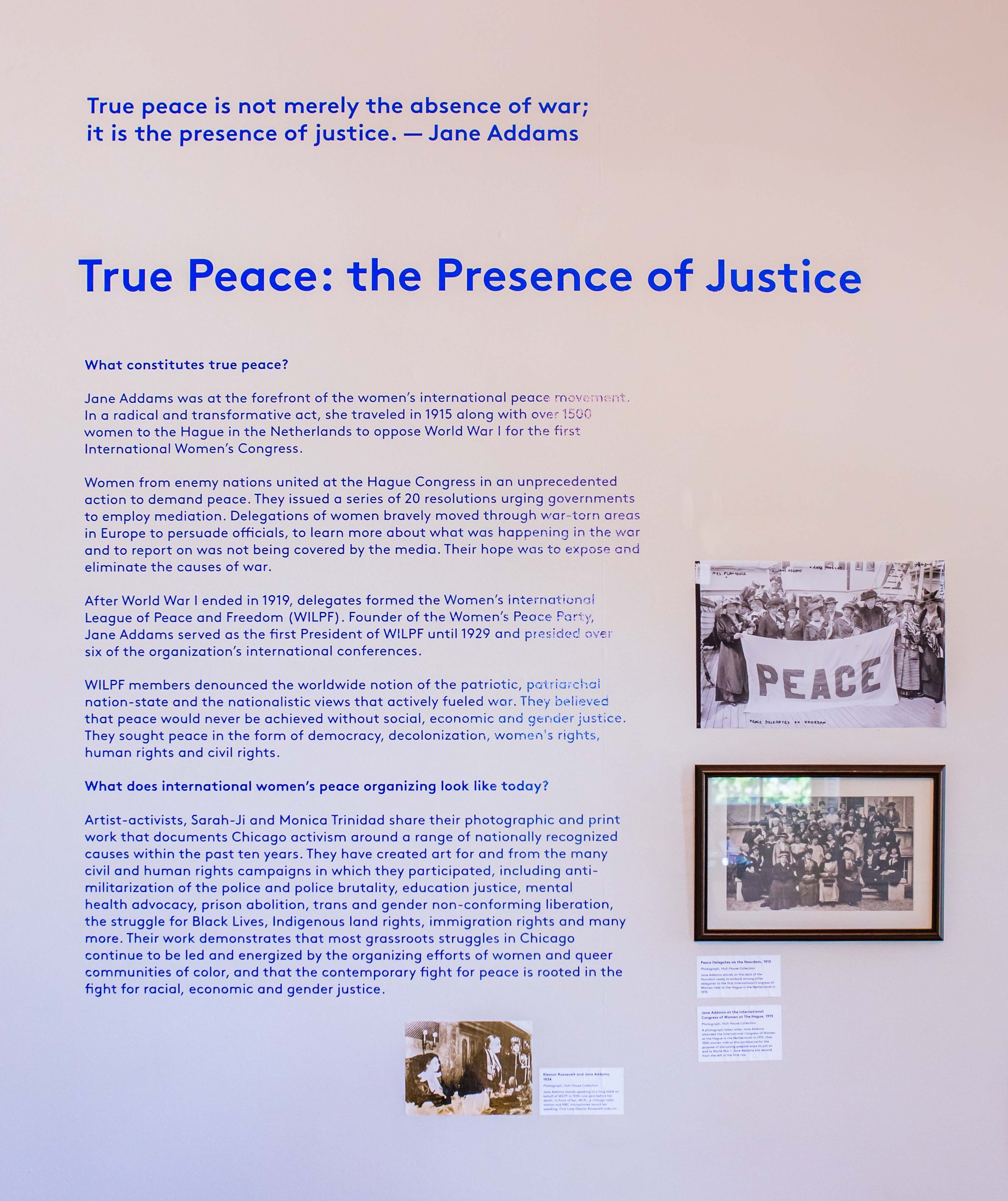
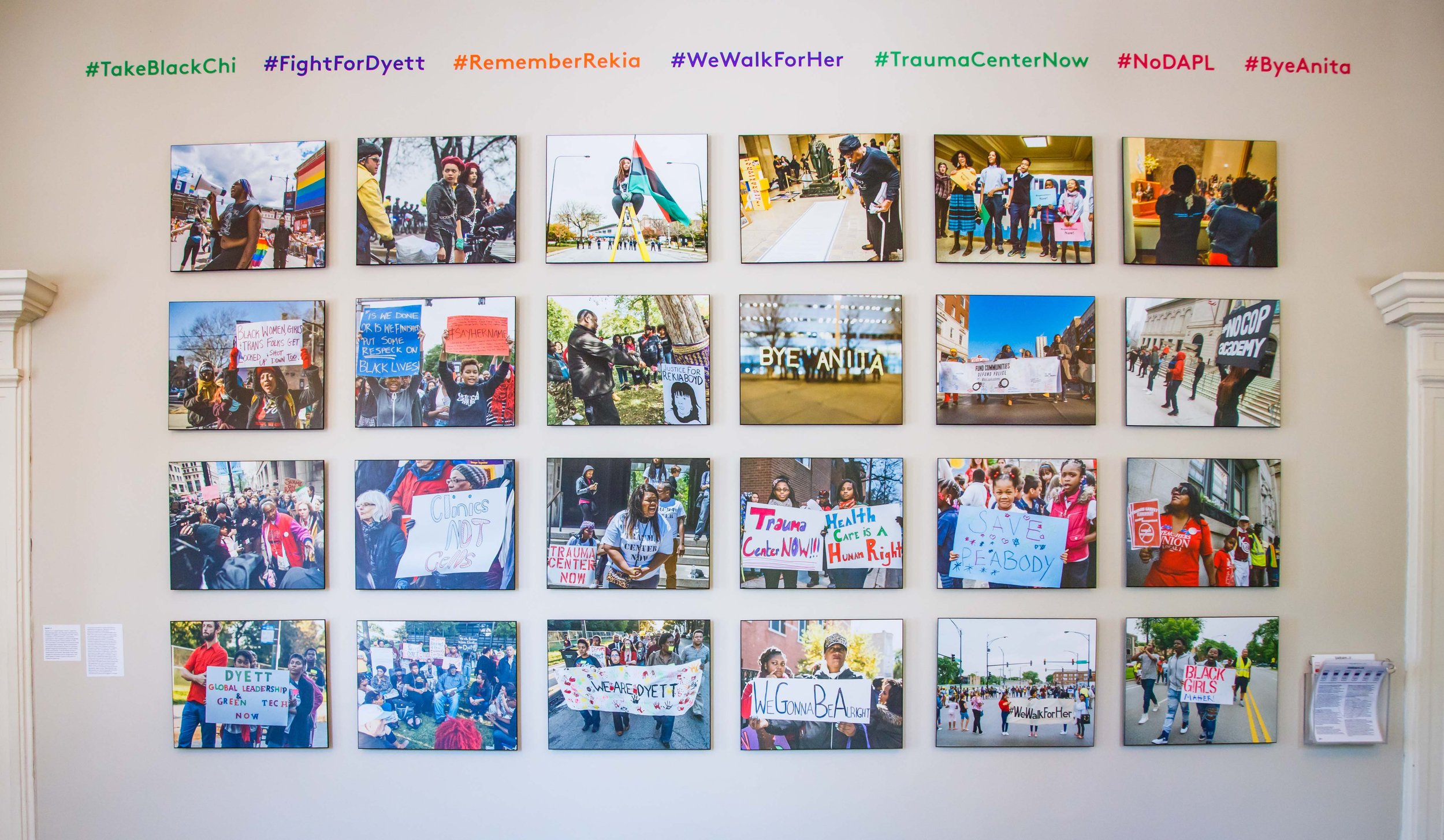
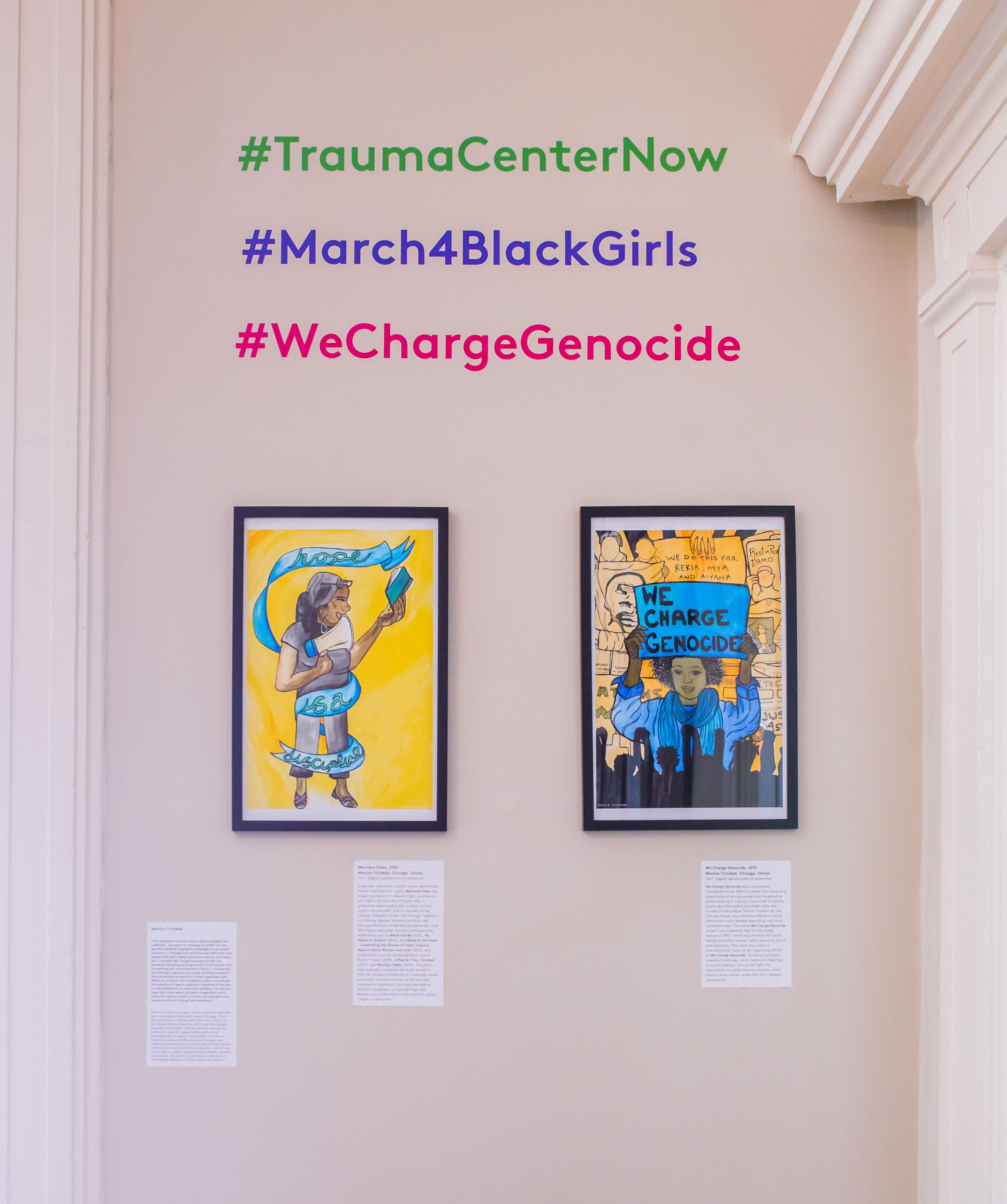
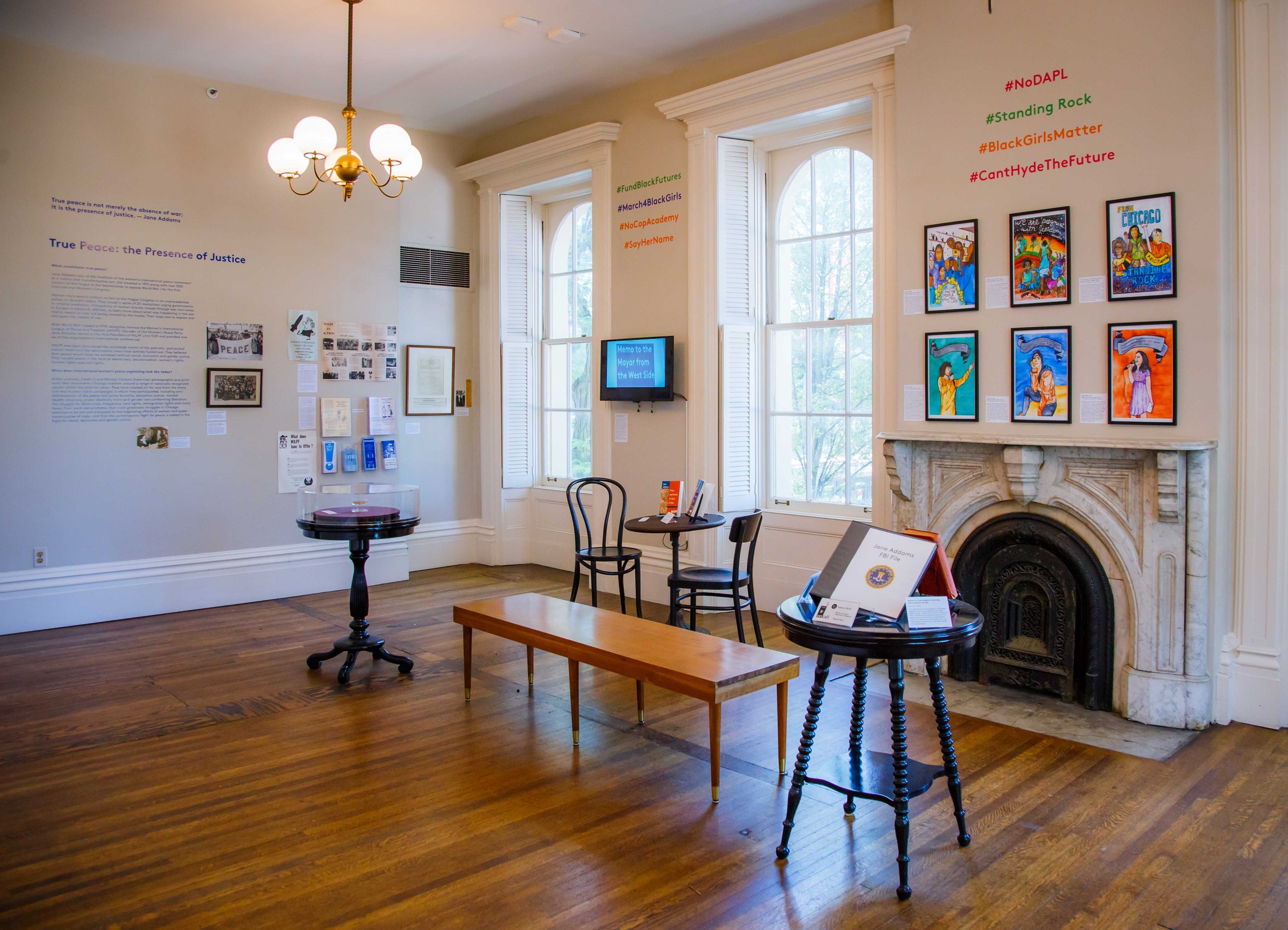
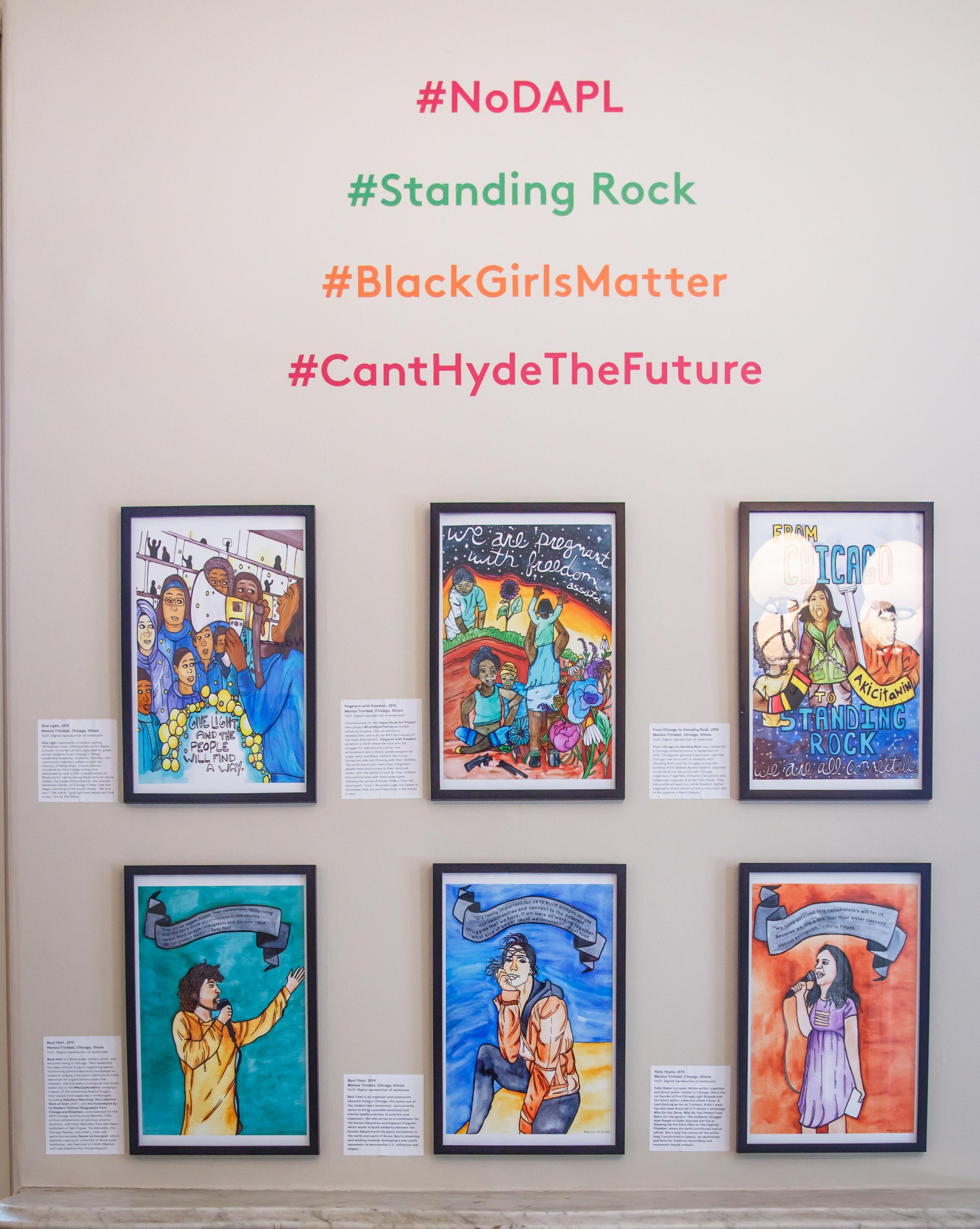

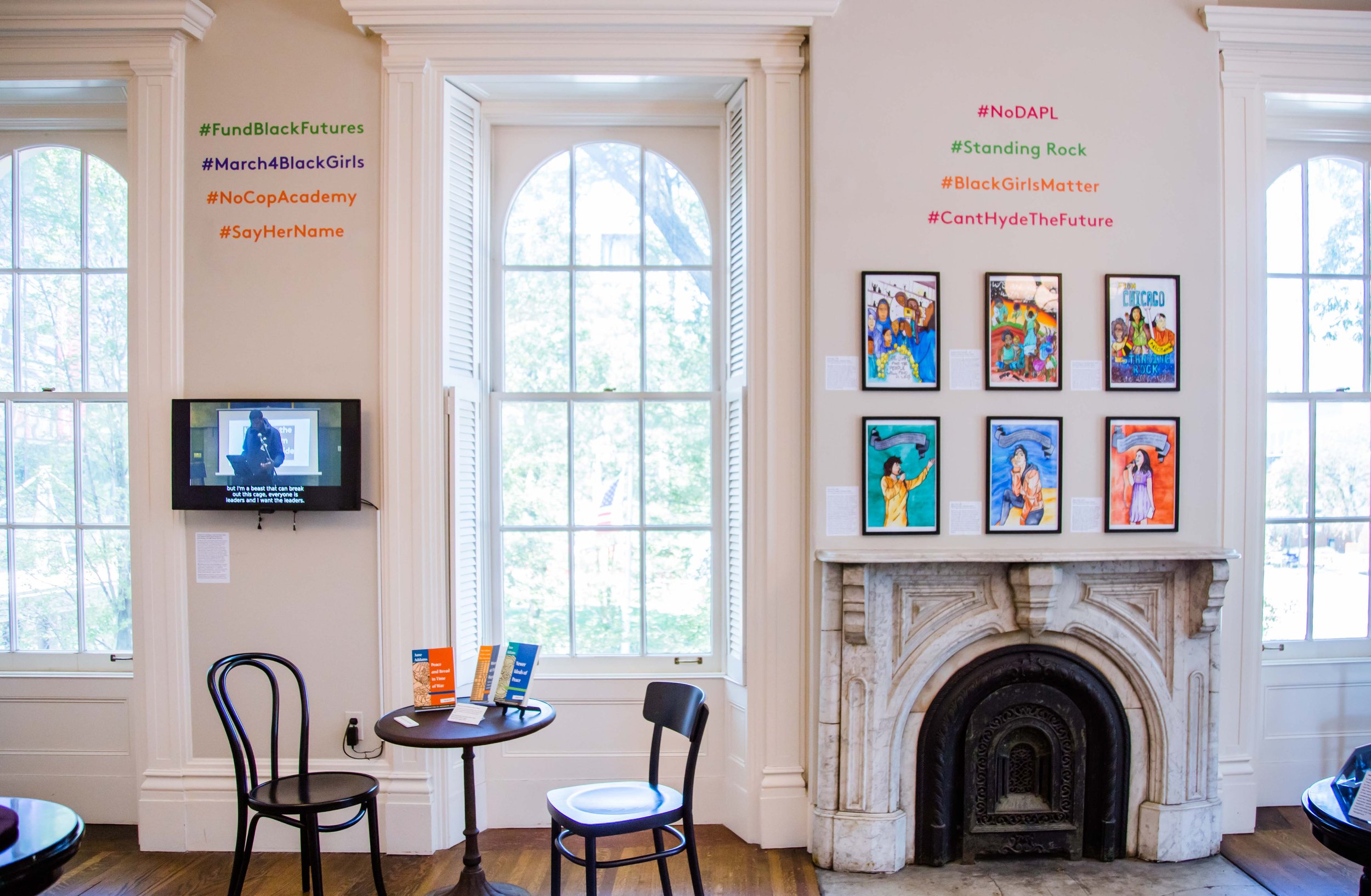
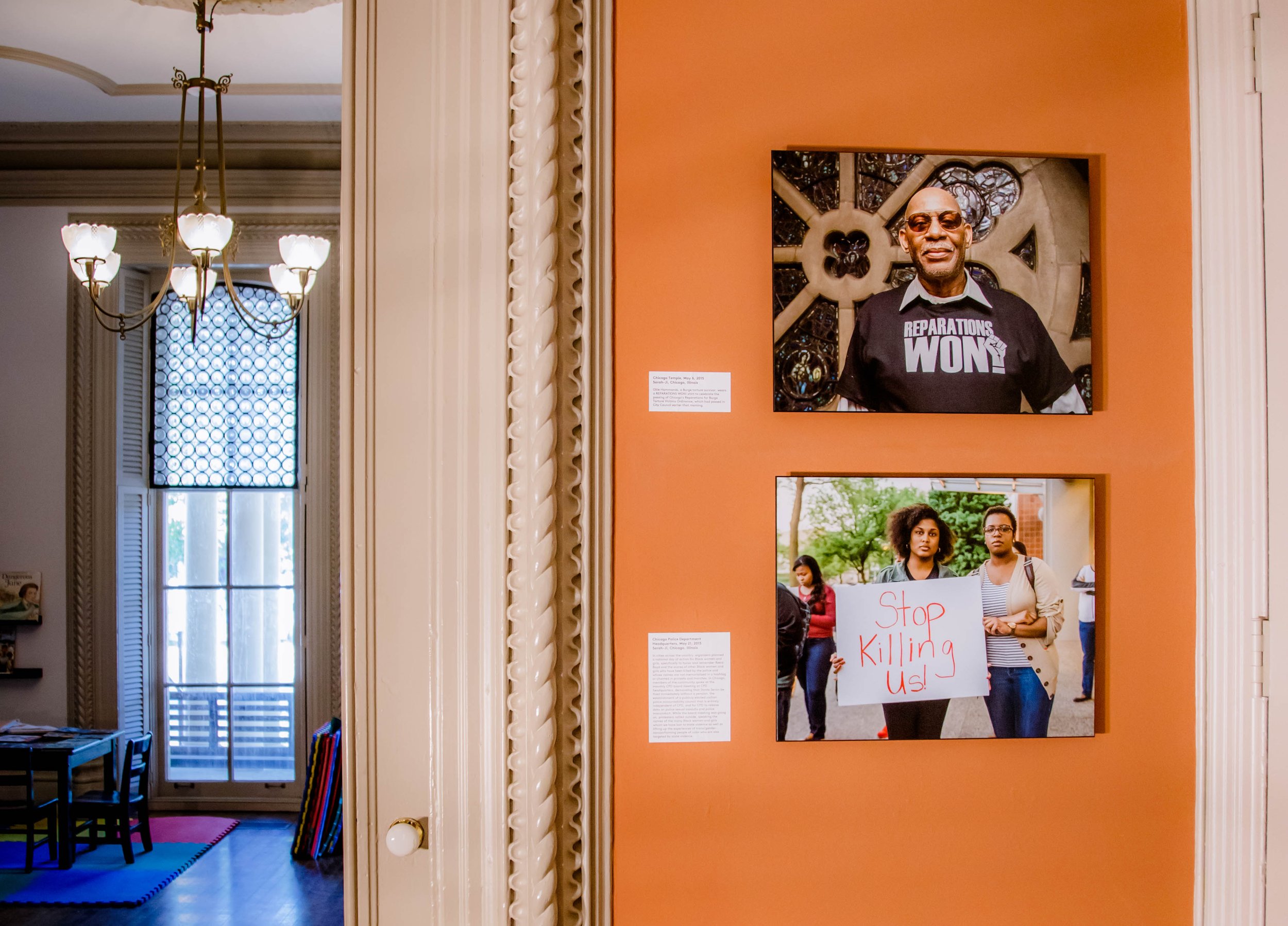
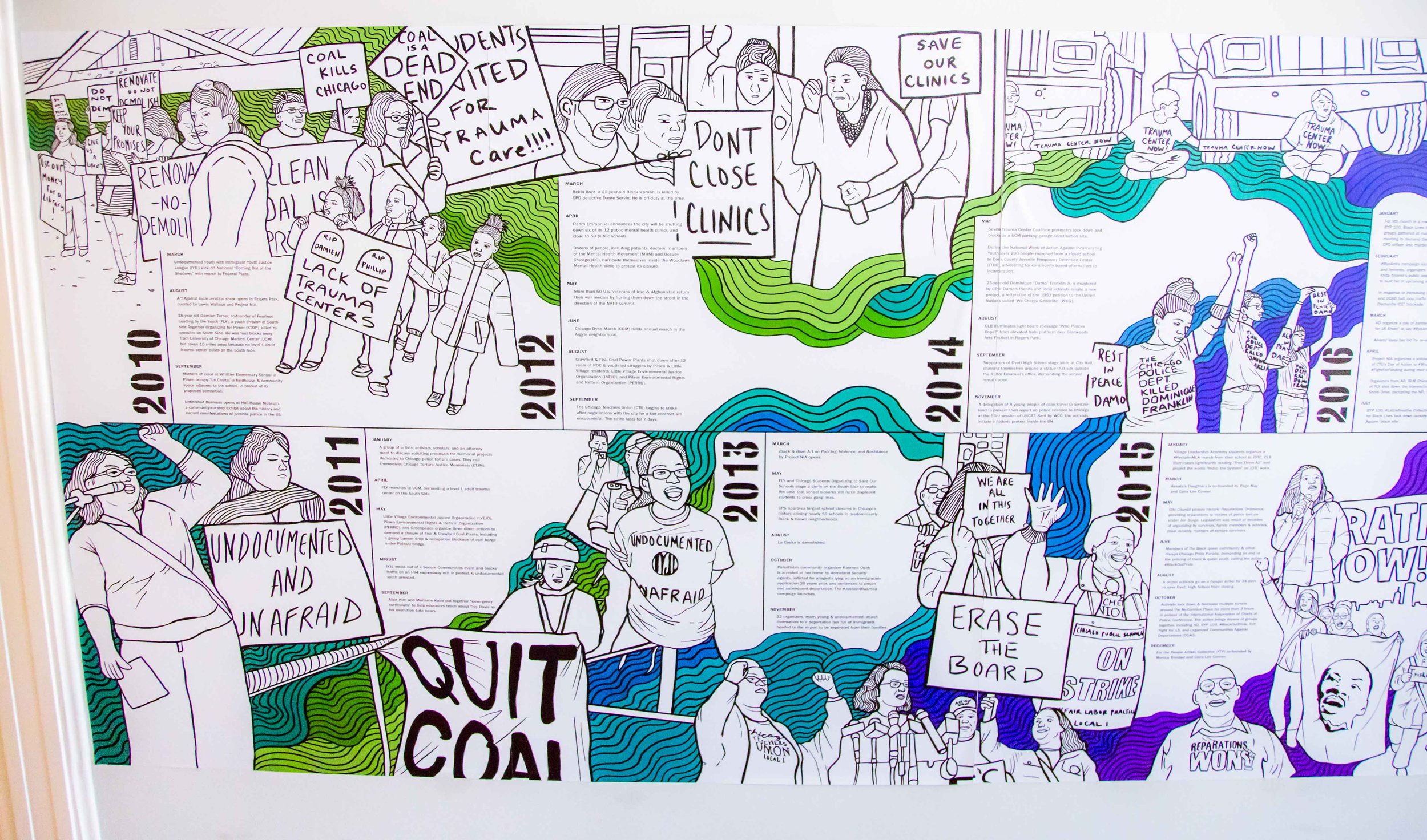
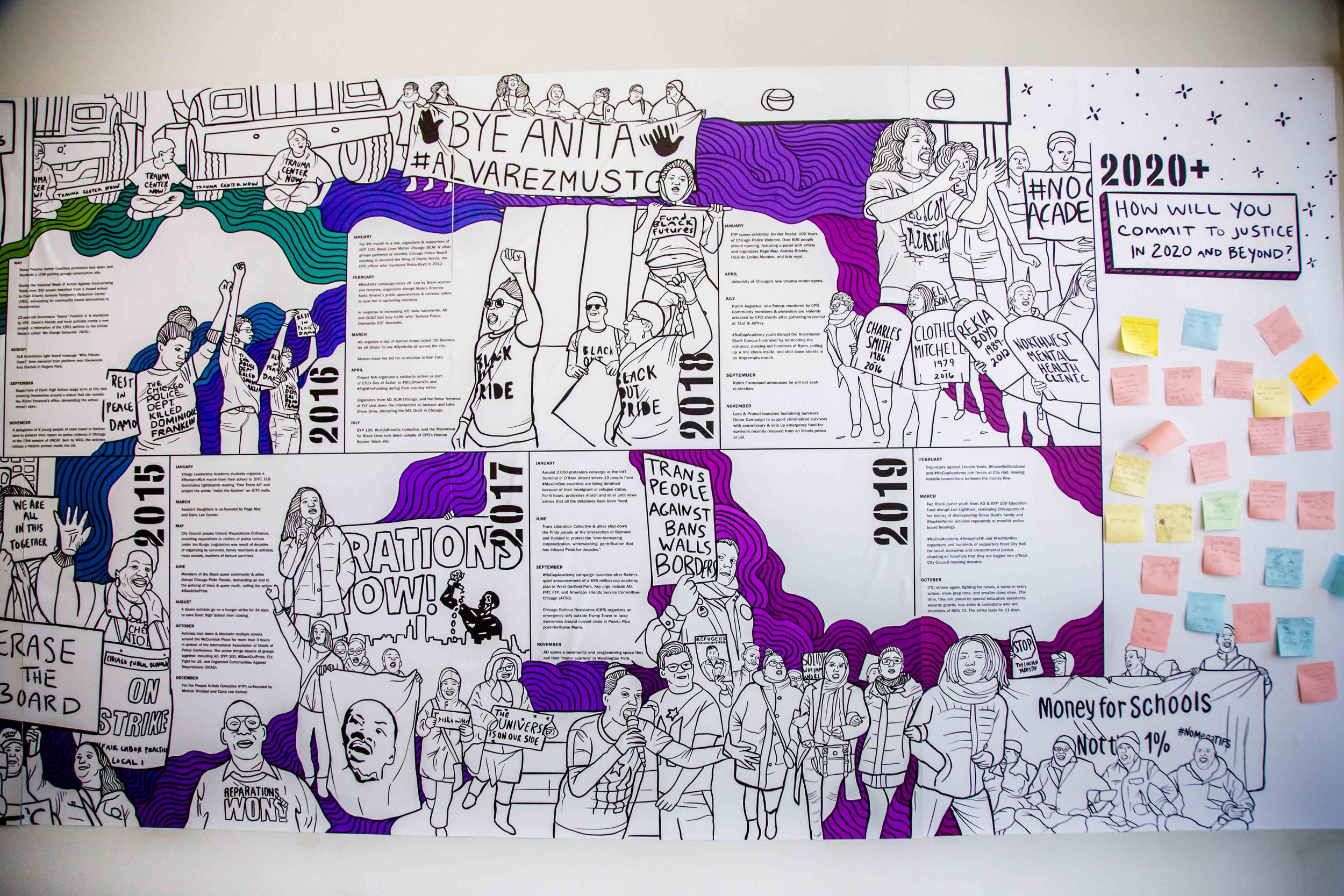
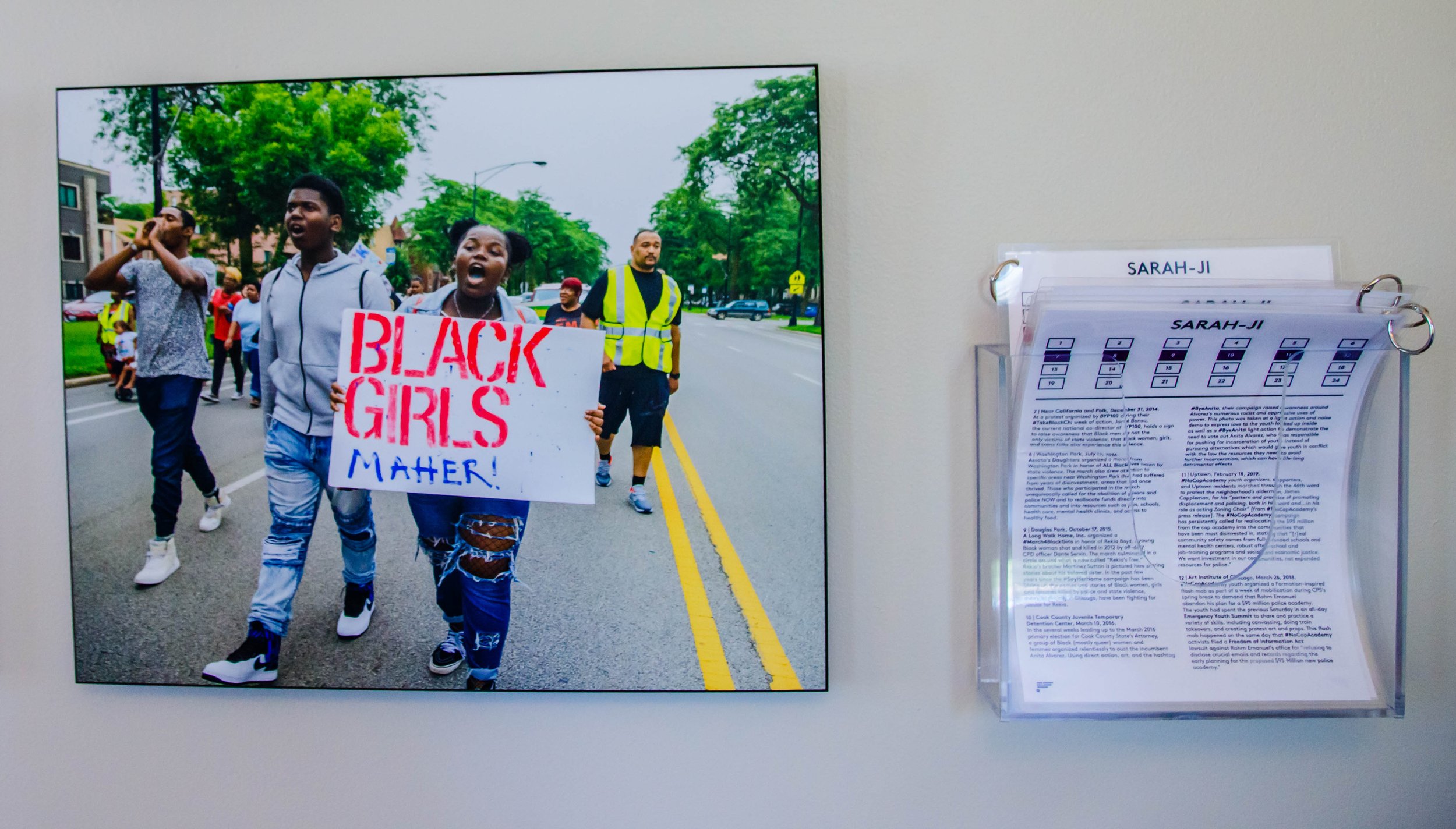
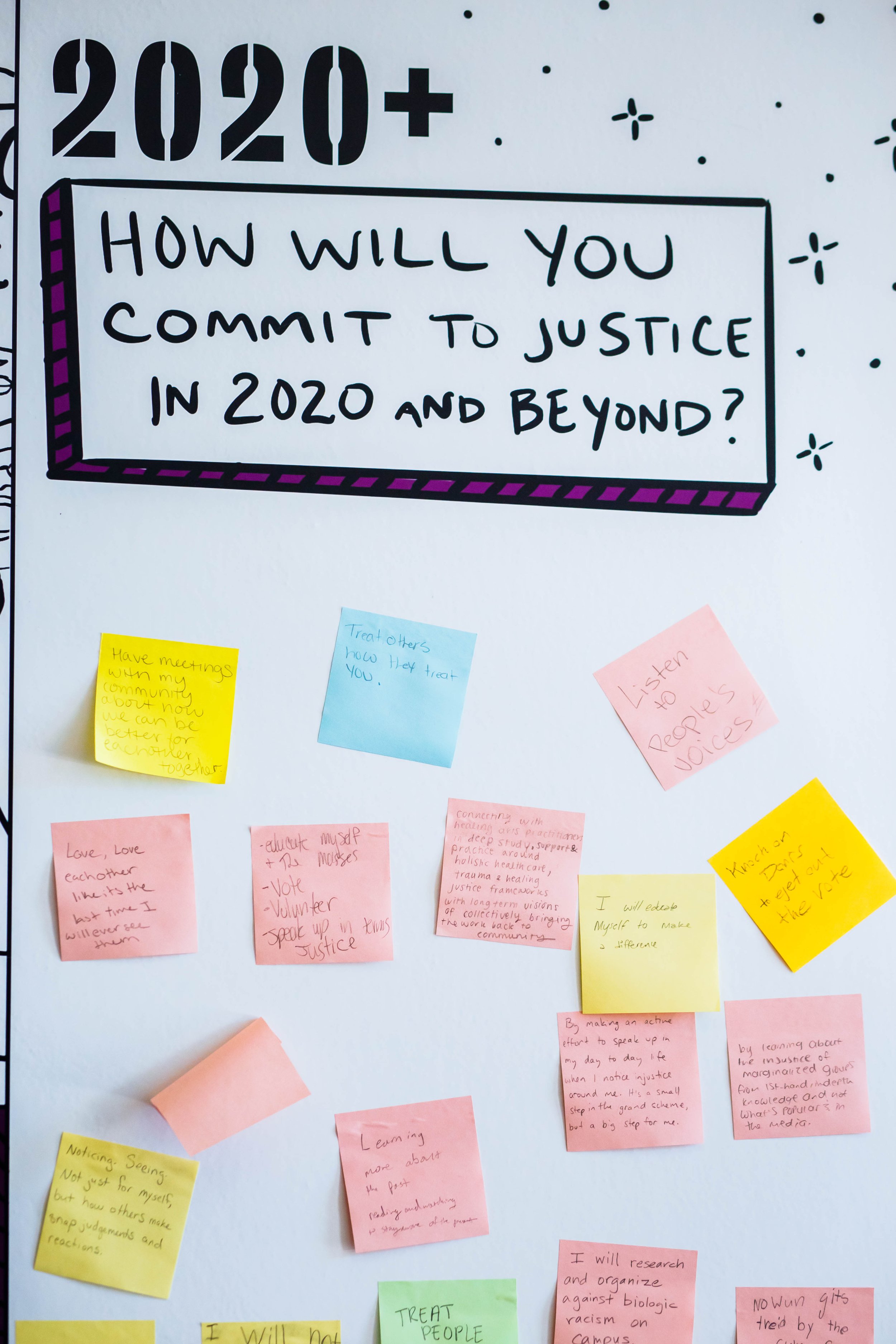
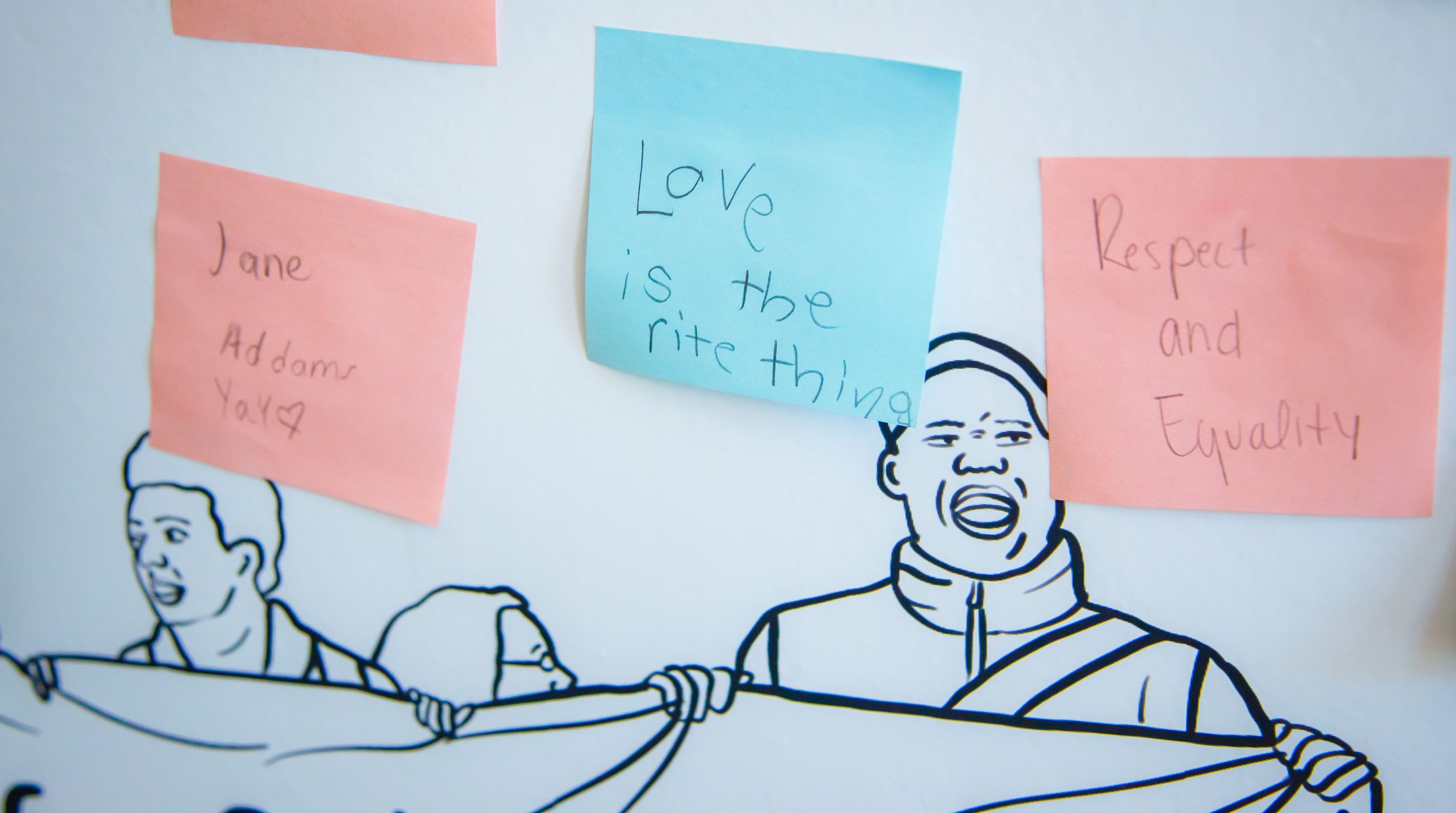
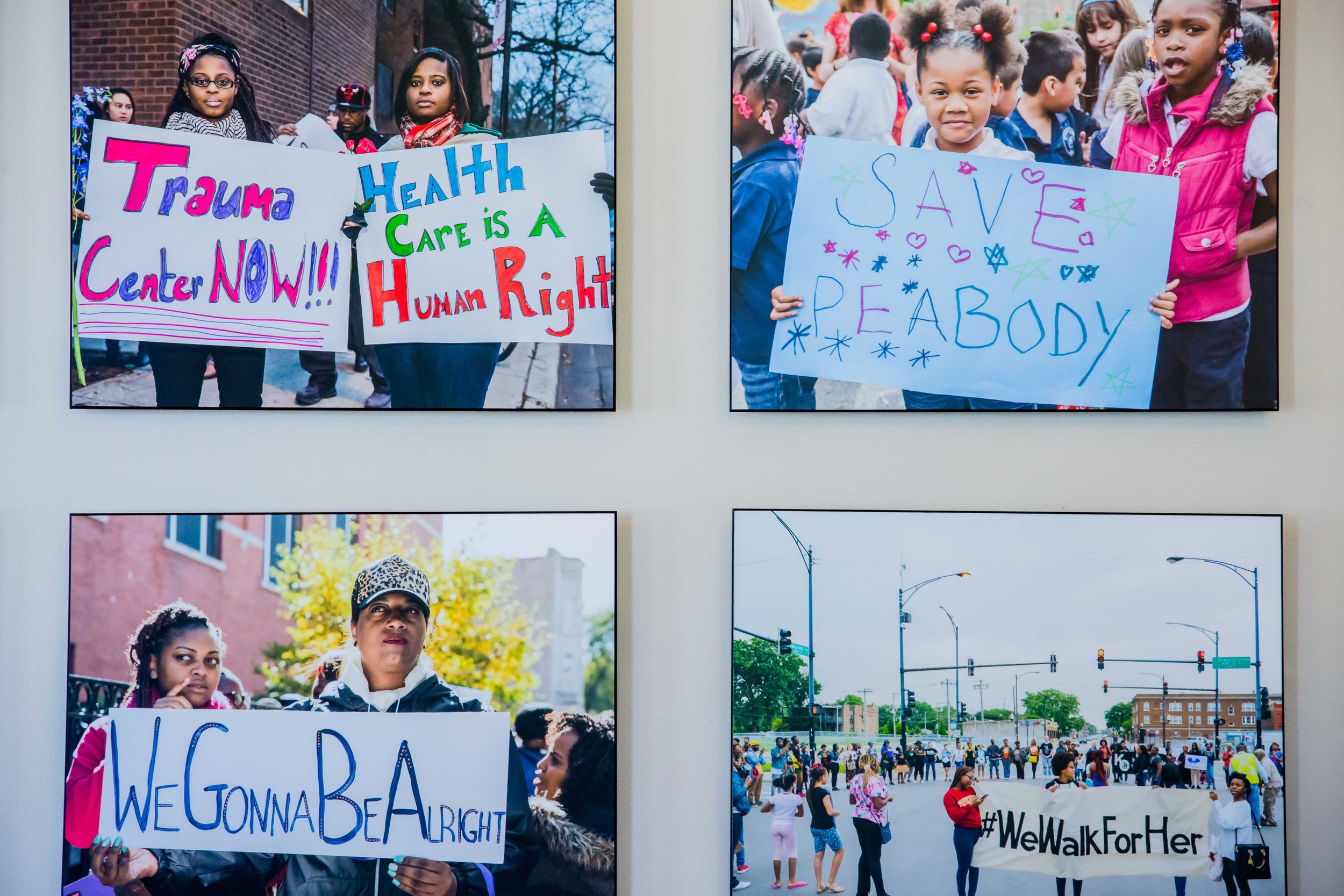










Who gets to be a citizen? This session will focus on three significant Chicago-based women activists who were connected in their reform work, but who encountered difficulties in finding common ground. Ida B. Wells, Frances Willard and Jane Addams each worked to expand women’s rights and influence. However, they had significant disagreements in their approaches informed by their differing views about the impact of race and racism.